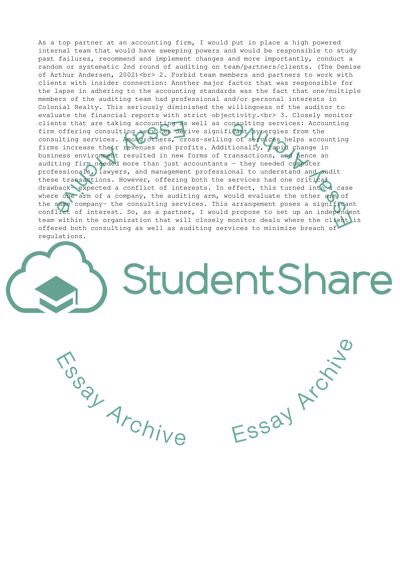Cite this document
(“Business Economics: Arthur Anderson LLP Assignment”, n.d.)
Business Economics: Arthur Anderson LLP Assignment. Retrieved from https://studentshare.org/business/1525437-business-economics-college-essay
Business Economics: Arthur Anderson LLP Assignment. Retrieved from https://studentshare.org/business/1525437-business-economics-college-essay
(Business Economics: Arthur Anderson LLP Assignment)
Business Economics: Arthur Anderson LLP Assignment. https://studentshare.org/business/1525437-business-economics-college-essay.
Business Economics: Arthur Anderson LLP Assignment. https://studentshare.org/business/1525437-business-economics-college-essay.
“Business Economics: Arthur Anderson LLP Assignment”, n.d. https://studentshare.org/business/1525437-business-economics-college-essay.


